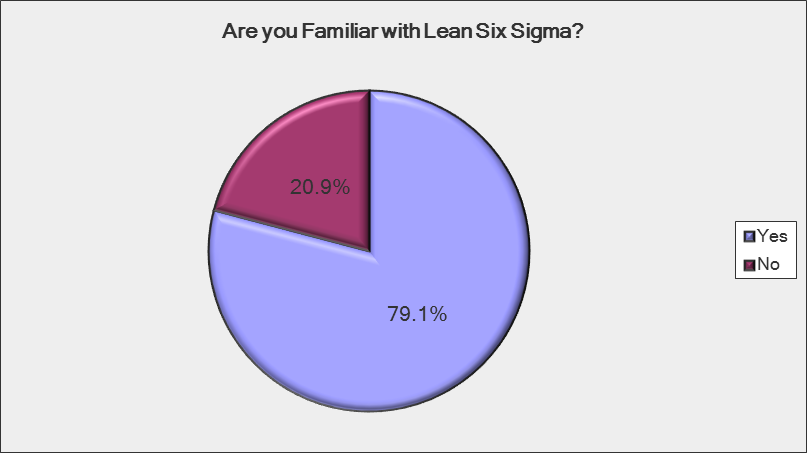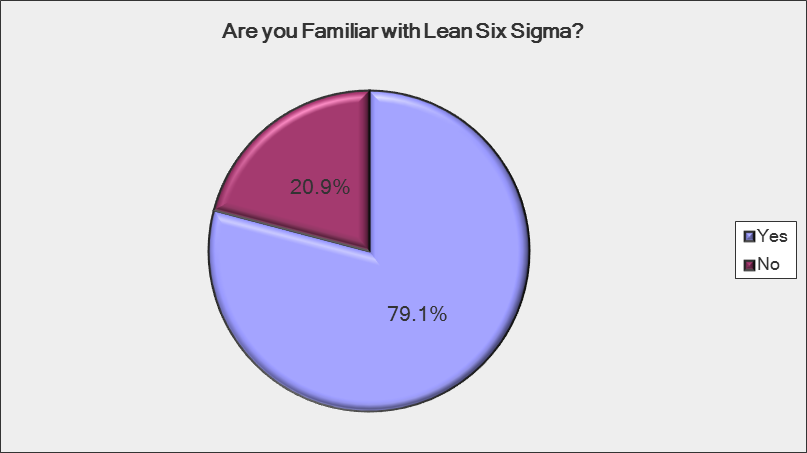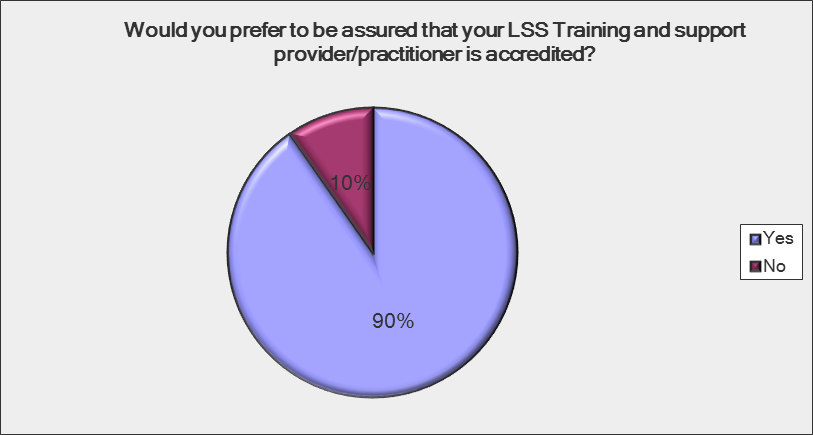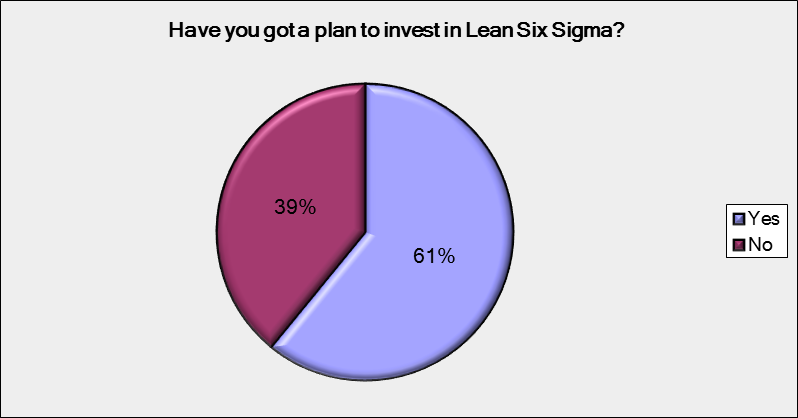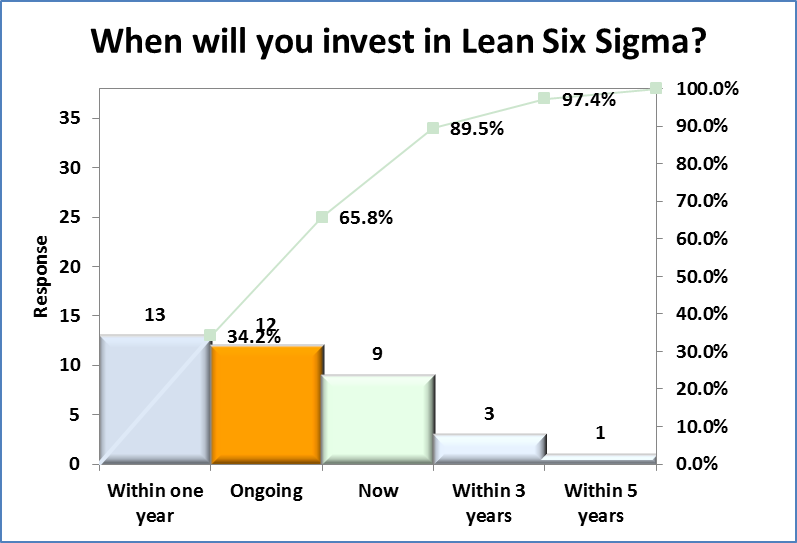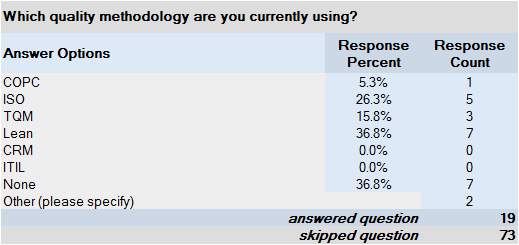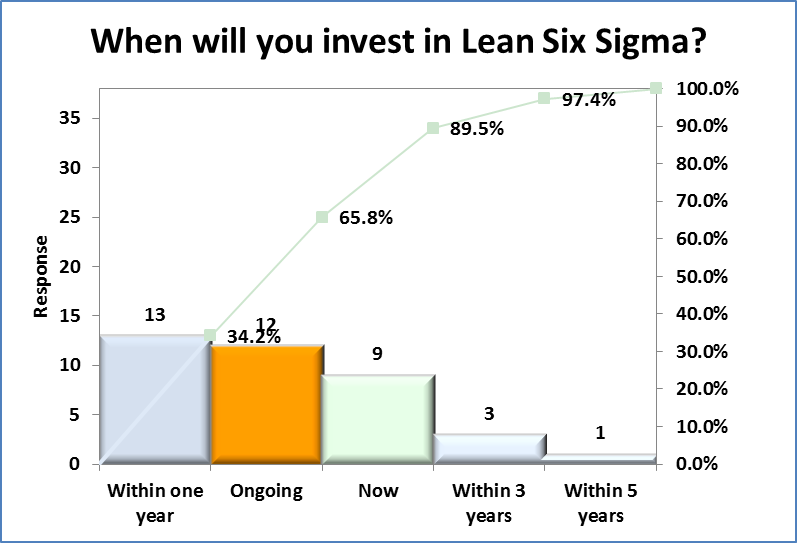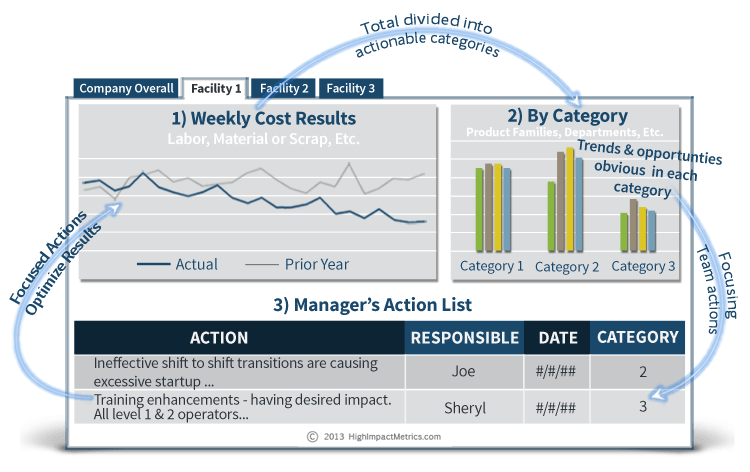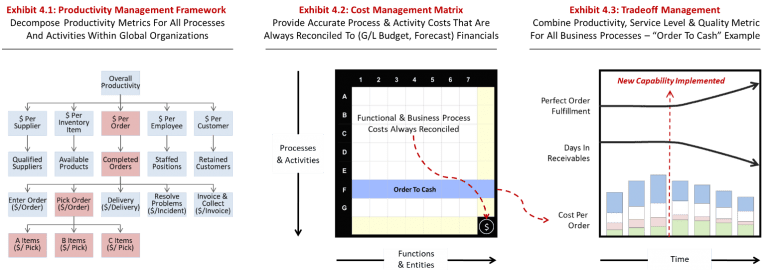Is the Lack of Lean Six Sigma Accreditation a Vacuum Worth Filling?
Awhile back in a meeting with several colleagues – Master Black Belts, Black Belts and Green Belts – someone asked the question: “How credible are our accreditations of Lean Six Sigma?”This is a very good question.
I ran my own business for 13 years and remember the struggle of traditional project Management several years ago. It ended up with a global PIM accreditation (Prince for the public sector). Several of my fellow business people voiced their concern around credibility, risk reduction and value to their business. With Lean Six Sigma becoming more and more popular, I believe that once again, we see the need for such a global accreditation.
We all know that there is not one Lean Six Sigma accreditation body (Globally) that is respected by everyone. Unlike traditional project management, Lean Six Sigma is still in a position of flux when it comes to certifying its practitioners, and it might still take some time before we all can agree on an over-coupling accreditation body.
Companies in the US do not seem to be able to agree on an accreditation body. Some say that ASQ (American Society for Quality) should be that organization to provide accreditation for LSS. Many influential enterprises do not agree with such a statement. Some Universities are under the impression that the accreditation task should lie with them; once again, this is strongly disputed.
As a result, nearly all universities in the US are forking out certifications. ASQ and many other organizations have their own vision as to what is needed to certify a Yellow Belt, Green Belt, Black Belt or Master Black Belt. Then there are, of course, the opportunists who can see that there is a fast ‘Buck’ to be made as long as we all stay divided on the subject.
In Europe, Lean Six Sigma is still a rather new methodology; we are still wading our way through a jungle of other quality methodologies like ISO, COPQ, Lean (on its own), and TQM etc. Many companies in Europe are only now starting to look at something more/better than ISO accreditation and some have evolved as far as TQM (Total Quality Management).
We also know today that ‘Profit’ is not a dirty word. If a company does not make profit it will not survive. In the LSS methodology it is well understood that the efforts from deploying the methodology should ultimately result in profit. So it is not a surprise that European Business Executives, who have been looking at the LSS success in various American Enterprises like General Electric, Microsoft, IBM etc.., are more and more interested to try LSS out for themselves.
For whatever reason a company is looking at Lean Six Sigma, I wonder if the lack of accreditation is confusing and/or discouraging. Can the CEO take the risk of hiring a ‘Black Belt’ who has a certification from a company nobody has ever heard of?
To get a clearer picture, before answering the above question, it was necessary to do a VOC (Voice of the Customer). The ‘Customer’ in this case is the Business community who employ, or are considering to employ, Lean Six Sigma (LSS) practitioners to help make various improvements such as Customer satisfaction, quality improvements and reduce waste, all with the ultimate goal of making more profit and providing a better service to their customers.
The purpose of the survey was to obtain a realistic view of the need of a Lean Six Sigmastandard certification / accreditation. We created a short survey (5 questions) and asked HR Managers and Business Owners in Ireland to participate in this survey. We received 92 responses.
I would like to see a survey like this carried out in other parts around the world, and maybe someone (with enough influence) might get the picture and act on it.
Here are the results of the survey:
Question 1:
Now there is a surprise! Everyone (Except one) has heard of LSS!
So why isn’t LSS used more in Ireland (Europe)? We cannot argue about LSS’s success. It provides a return of investment of 1 to 5 ratios between investment and return. Surely that should persuade any good business man.
Could it be that the Business does not trust the current LSS workforce accreditation or is there another reason?
Question 2:
It appears that we have our answer to our question: 90% of the participants would like to see a proper accreditation for Lean Six Sigma. Again it would be very interesting to see what the results are from similar surveys around the world, but I guess that there would be a high correlation.
Question 3:
Out of the 70% of participants who answered this question, 61% will invest in LSS. This result should be encouraging to anyone who is involved in LSS.
Question 4:
This direct question was only was answered by only 42% of the participants. It does show though that there is a great potential for LSS in Ireland and maybe for Europe.
Question 5:
It is not a surprise that Lean is the most popular methodology in Ireland. We have been working alongside many American Multinationals for many years and have learned a lot from them during those years.
Lean is easy to understand and apply, unlike Six Sigma where you need to have some statistical knowhow. Lean also provides a faster access to quick wins, something a lot of CEOs welcome. There is little investment needed and it engages the workforce in a positive way.
Lean and ISO are ‘point in time investigations’. Nobody manages ISO all the time and there is usually a mad scramble preparation before the audit comes, and it is a pain. As many of CEOs will tell you over a pint, they are just interested in the piece of paper, but they fail to see the value. Embracing quality management should provide the CEO with some benefits like lower cost, better returns, better quality and better customer satisfaction.
Clearly we have a lot of work to do to convince the Business community that Lean Six Sigma Methodology can make a positive difference.
Conclusion
There was a 6th question in the survey asking if the participant wanted to be contacted with more information on LSS. 30% of the participants provided their contact details to receive more information! That is 1/3rd of the participants who want to proceed with LSS! Is this not an indication that we (LSS Practitioners) need to get our act together and provide the business with value, reduce the risk and provide credibility to the LSS accreditation?
How can we make the LSS accreditation credible? How can we achieve a global LSS accreditation?
If you look at how traditional project management achieved their global accreditation (PIM) i.e. someone having the vision, then proceeding to set up the body of knowledge and convincing everyone in business to support them.
There is still a niche for someone with a vision to do the same for LSS. (It won’t be me – I’m focusing on the wellbeing of one particular enterprise at the moment).
In my view ASQ are very well positioned to be such a global accreditation body, but are they the best structured?
ASQ already has agencies around the world. In Ireland we have University of Limerick and Cork who are participating in the ASQ exam and certification program as well as a Master Black Belt (Ciaran May) who is the local representative of ASQ, providing local updates.
The problem is ASQ is much too focused on the academic qualification. Passing an exam and achieving ASQ accreditation (especially for those executives who are venturing into the LSS world) is bringing you back to the terror and depression you encountered when you did your leaving exams. Is this exam terror necessary?
You will not convince many people with your accreditation when you exclude all those successful (non-academic) LSS practitioners who have been successful and acquired valuable experience over the years. A piece of paper from ASQ is not going to make any difference for them or their employers. In other words, I am convinced that if ASQ revises their policy, we all stand a better chance to achieve global accreditation.
Currently we do not have a meeting place. ASQ is introducing unnecessary risk in investment. Why would a CEO agree to sign up to ASQ when they are setting the bar so high? The whole point of quality management is as Juran’s hand book explains in FIT FOR PURPOSE. Do you have to fork out a lot of money and over skill your Black Belts so that they can deliver projects or are you supposed to get them to a certain benchmark and they go from there with the projects and gain the experience then and learn like everybody else though experience?
The point is that we are in a polarised market at the moment. ASQ believe they are on top of the heap and do not want to change for anyone. Everybody else is down a lower level fighting to get some piece of the cake. The reality is that this positioning is injuring the market. We need something in the middle ground. (This is how PIM filled the space in the middle.) It is the middle ground that gains most market traction.
Pragmatism (not perfectionism), common terminology and common approaches are a must.
Think about it. Seniority should come through experience and success and are the ultimate benchmark.
Georges Van Cauwenbergh has worked with several large international companies such as Hewlett Packard, SITEL and IBM and prior to that, was self-employed in the IT industry for more than 15 years. He became Senior Lean Six Sigma Black Belt in the “World Wide Process Innovation Team” in IBM where he also worked for 1 year creating the Green Sigma TM methodology, which is now part of IBM’s ‘Smarter Buildings’. He received certification recently as a ‘Trainer in further education’ from Maynooth University (Ireland) and is starting a Lean Six Sigma Master Black Belt.
Contact him at Georgesvc@eircom.net

